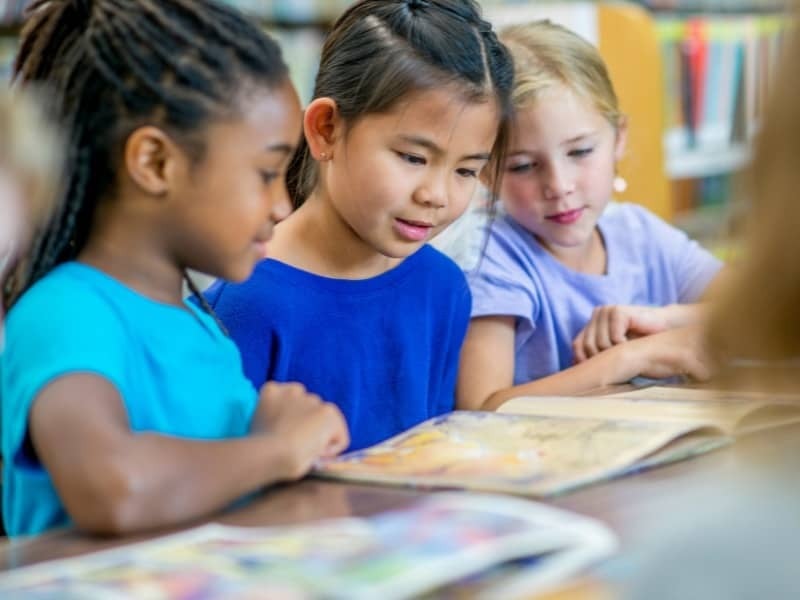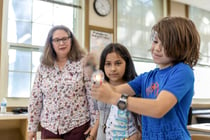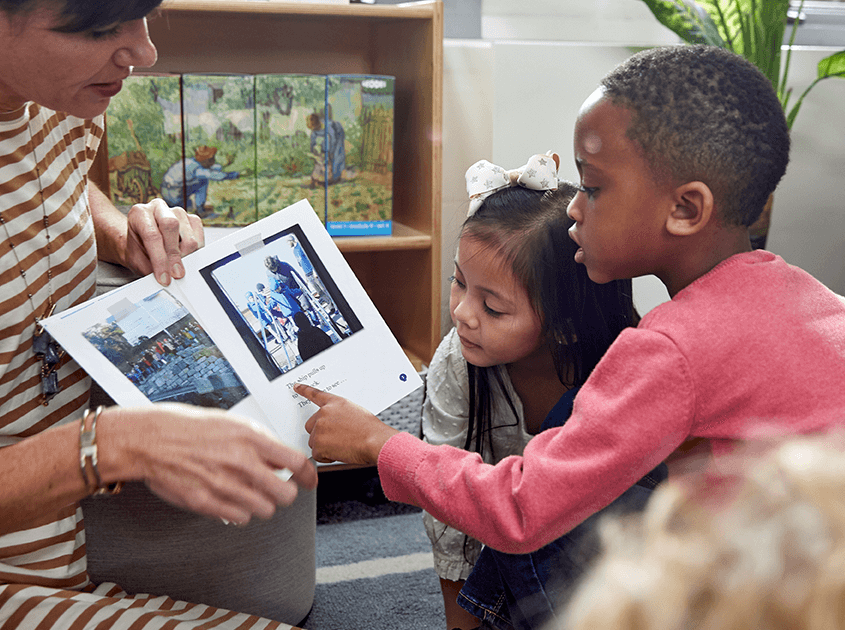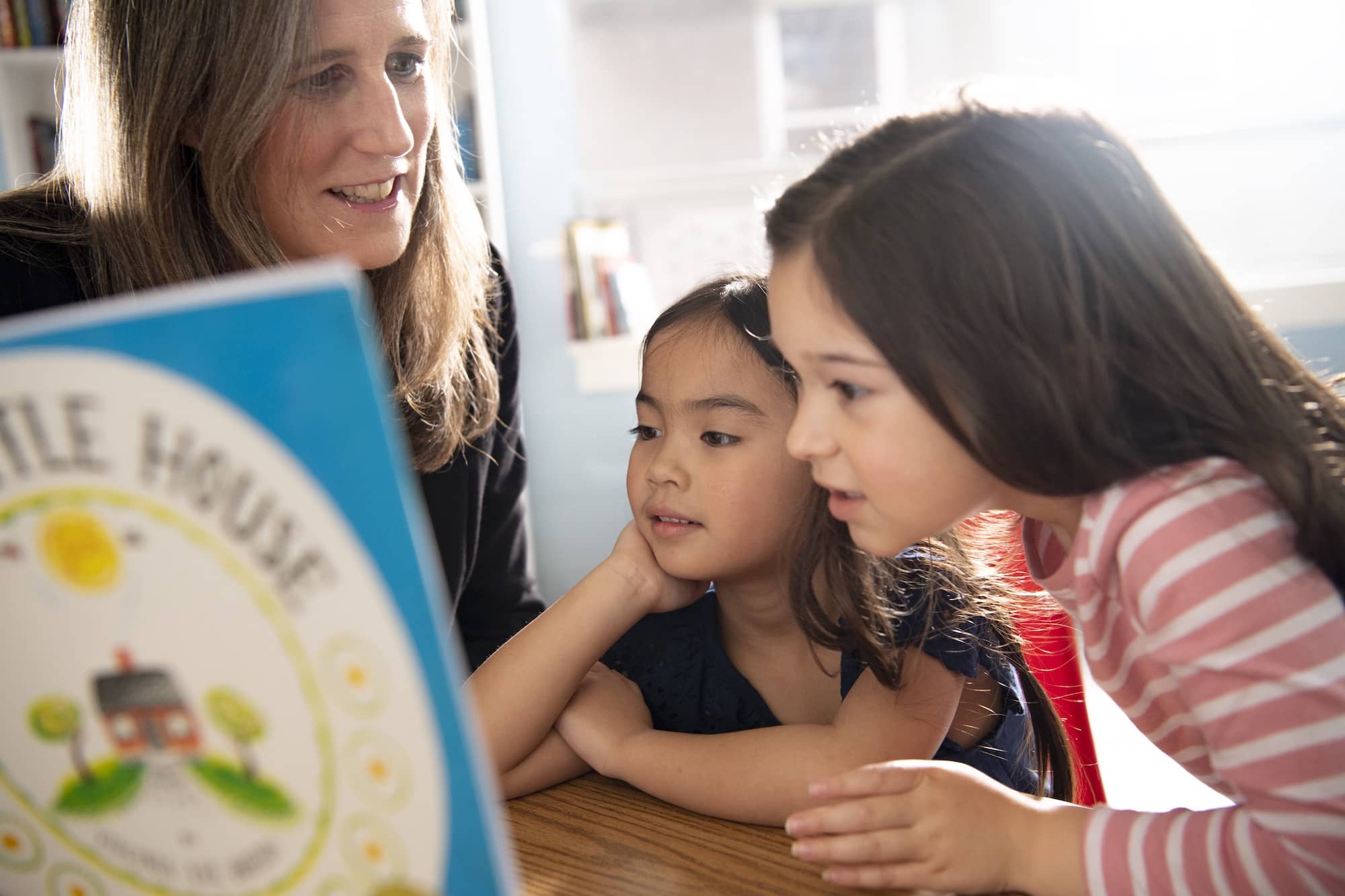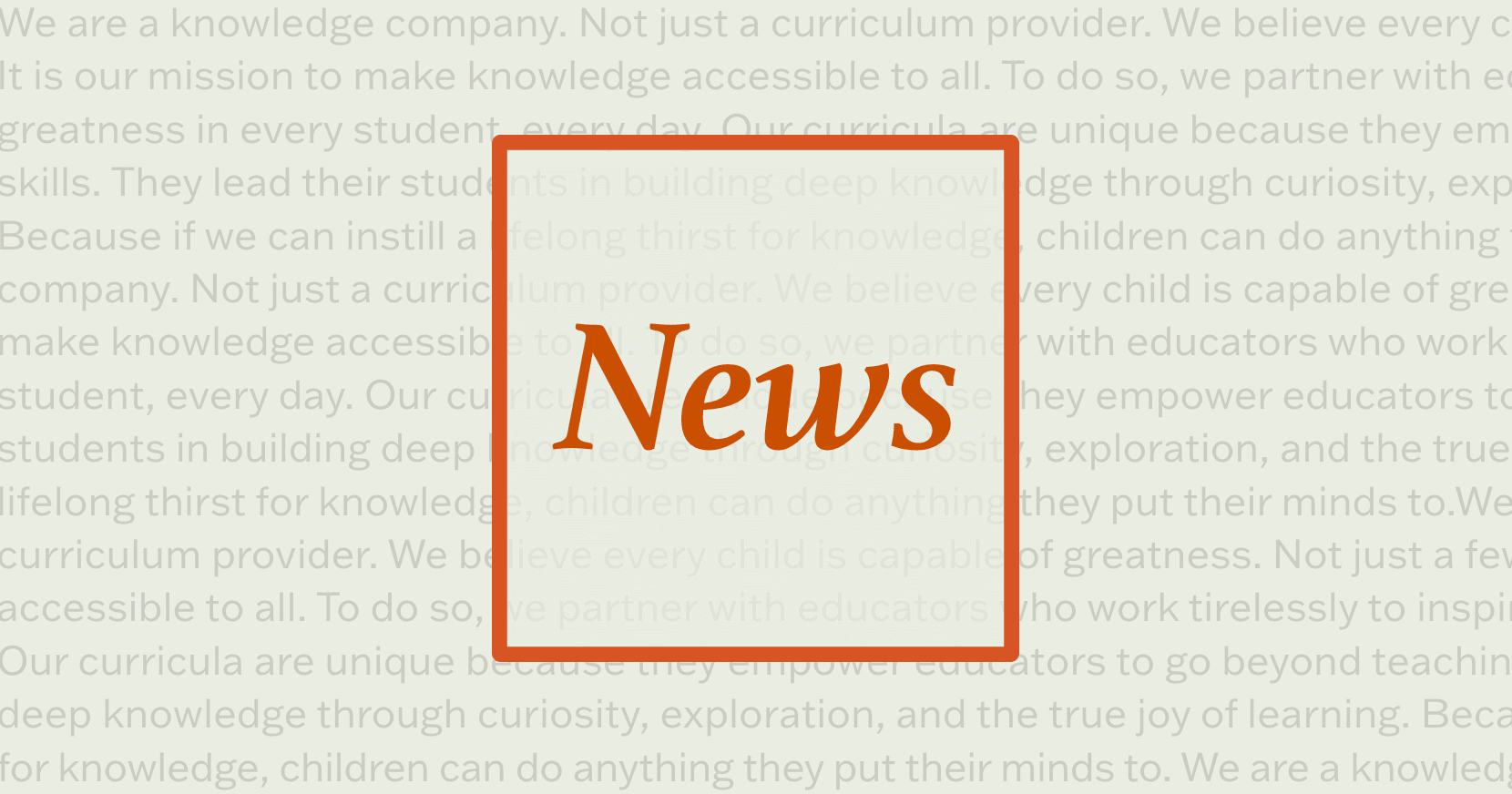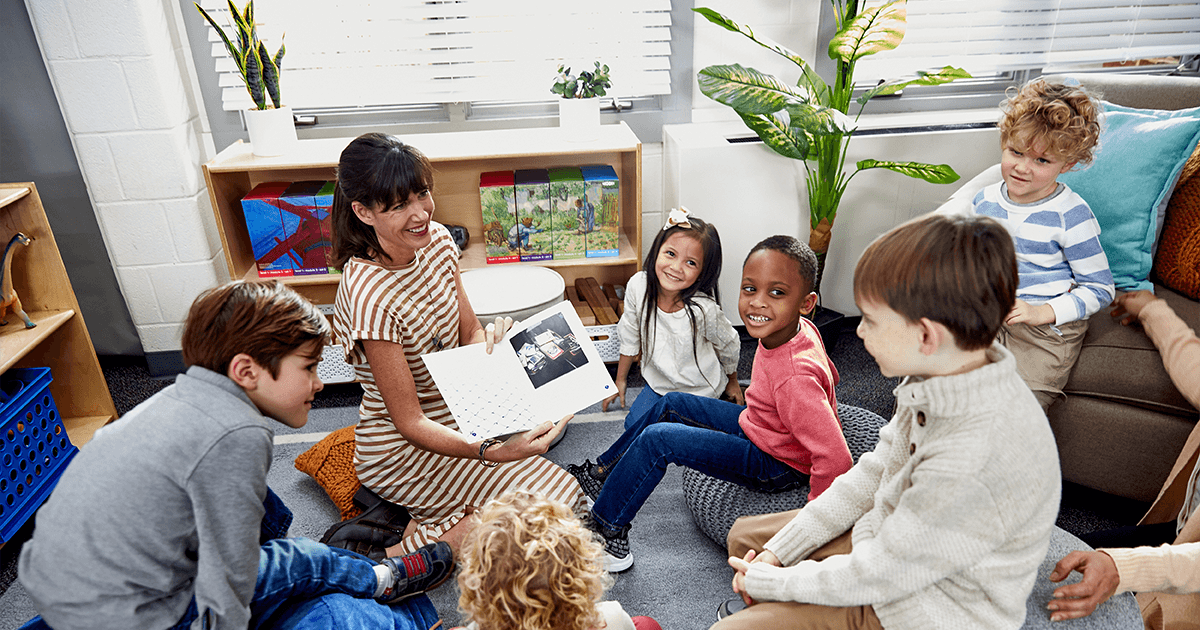Posted in: Aha! Blog > Wit & Wisdom Blog > Early Literacy > Reading Instruction: What's Missing, How to Fill in the Gaps
Educators have cause for concern. Only about a third of Grade 4 students are proficient readers. A disproportionate number of low-income students fail to meet reading proficiency targets. Students who fall behind early are in danger of staying behind.
What will reverse these trends?
Early literacy instruction requires systematic, explicit lessons to help students master the code of our language along with well-designed lessons to build vocabulary and scientific, historical, and technical knowledge.
That’s easier said than done. Teaching phonics has fallen in and out of vogue. Many preservice degree programs leave future teachers unclear about how best to teach reading. Worse, some classrooms lack a comprehensive English language arts curriculum—teachers have to fend for themselves.
When schools do provide reading programs, these programs have serious limitations. Too many students are learning with lackluster materials focused on discrete skills and reading strategies, neglecting building content knowledge and vocabulary. As a result, students miss opportunities to build world knowledge, academic vocabulary, and fluency.
Great Minds® offers a welcome alternative. We created Geodes®, a collection of student readers designed to give teachers and students what they need and deserve. Developed in collaboration with Wilson Language Training®, Geodes are the books educators have been waiting for—highly engaging, beautifully written, and carefully designed to be accessible by reinforcing learned phonics patterns, all while supporting students in developing valuable knowledge and vocabulary.
Levels 1 and 2 of Geodes contain 64 books each, grouped into topic-based modules. In A World of Books, students explore the power of books across time and cultures. In Powerful Forces, students investigate how wind affects life on earth and how its energy can be used to generate power. In Civil Rights Heroes, students learn about equality and justice. The informational and literary texts within these modules bring science, history, and the arts to life.
Educators no longer have to choose between accessible language and content that develops knowledge and vocabulary. They can have both. And to offer our students anything less is a disservice. Let’s give our early learners exactly what they need to become strong readers now.
Submit the Form to Print

Catherine Schmidt
Catherine Schmidt supports districts, states, and partners in implementing college and career-ready standards in ELA and Literacy in the elementary grades. She also serves as a Title Editor and Author on the Great Minds® Geodes team and is grateful to be a teacher on special assignment.
Topics: Early Literacy
